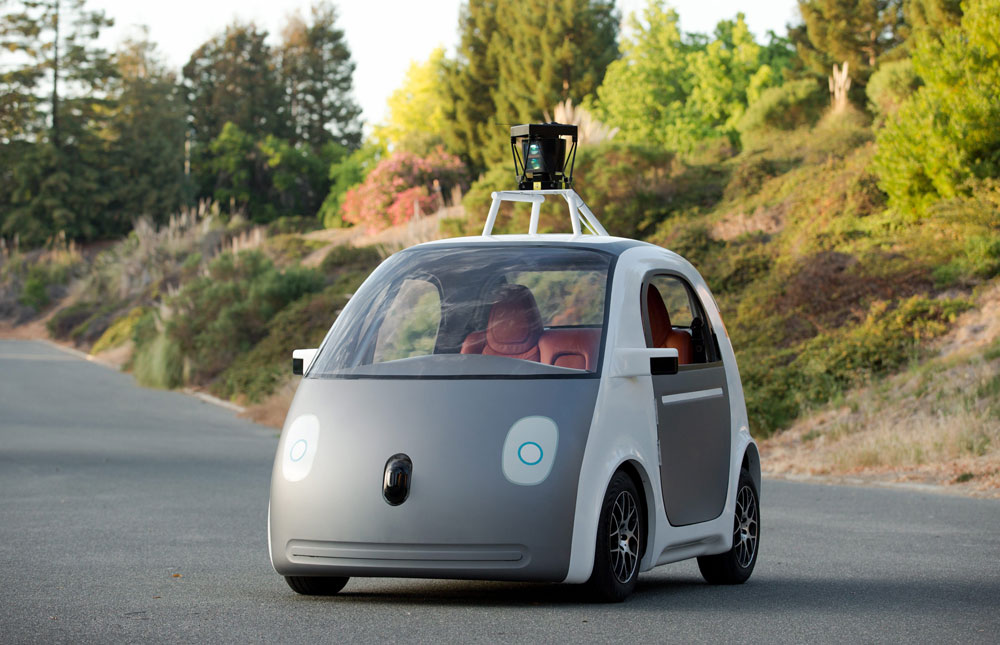Recently my (very old) car broke down and I thought that perhaps it was time I looked at replacing it. After some research it would appear that the automotive world is changing at a rapid pace and in the future car ownership looks very different from what we are used to.

“Google Self-Driving Car” by smoothgroover22 is licensed under CC BY-SA 2.0
Autonomous cars are here!
Driverless cars, self-driving cars or automated cars – whatever you wish to call them – are now here, however, at the present time, automated cars allowed on public roads are not yet fully autonomous. Instead, they all require a human driver at the wheel who is ready at a moment’s notice to take control of the vehicle. In the future this will not be case though.
The Human Element
As I mentioned above, for the time being, driverless cars require a human to be attentive and ready to take control at any time. In 2014, a classification system based on six different levels (ranging from none to fully automated systems) was published. Cars currently being tested are at the level where a driver can have an ‘eye’s off’ approach to driving, but they must be ready to intervene if warning systems tell the driver to do so.
Accidents happen
Incidents of automated vehicles crashing or not performing correctly are well documented and we often allow ourselves a snigger at technological blunders, but sadly the first human fatality was recorded in May when a car on autopilot failed to ‘see’ an 18-wheeler truck and trailer pulling on to a highway in the United States. In general though, accidents are few.
The Major Players
All the big technology and car companies are now fully committed to Autonomous Driving, including Apple, Google, Tesla, BMW, Toyota, Volvo, General Motors, Uber and many more. As you can imagine, this technology is going to play a major part in our future and the majority of car manufacturers estimate the first highly to fully automated vehicles will hit the market between 2020-2025.
Job Losses
Perhaps our greatest concern should be about the amount of jobs that will become redundant when self-driving vehicles become the norm. Taxi drivers, bus drivers, delivery and logistical drivers will all lose their jobs. In the US alone this might mean the loss of 5 million jobs.
Your Thoughts
Recent surveys show that over “66 percent of respondents said they think autonomous cars are probably smarter than the average human driver”, and interestingly men are more welcoming of the technology than women drivers. The biggest concerns mentioned were about software hacking/misuse, and legal issues and safety. What are your thoughts on driverless cars and the future of our private transport?
Until next time, drive safely!
This ‘Technology’ article was written for an expat magazine in Spain. The readers of this magazine are often middle to old aged and not very technology minded so we have designed the articles with these people in mind, however they can be enjoyed by everyone, and perhaps even the most up-to-date techie may find them of interest too!






